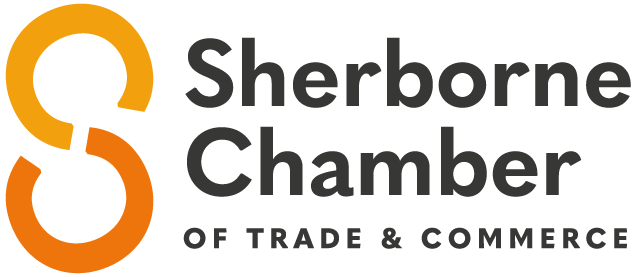Tax for Small Businesses in the UK: Understanding Your Obligations and Maximizing Your Savings
The UK has one of the most complicated tax systems on the planet the same scenario for a business can often give multiple different tax bills across our various taxes.
When you start a business the first consideration has to be what structure to use, sole-trade / partnership or limited company. There are many issues to consider and tax is obviously only one, for example, the meaning of Limited means the liabilities are limited in simple terms it enables someone to start a company and ring-fence their personal assets away from the business.
You need to take advice on which is the best set-up for both from a legal and tax perspective.
Although we have a tax system that is Self-Assessment and HMRC have pushed lots of tools and facilities to encourage you to deal with your taxes yourself, don’t forget there is a broad range of penalties for when you get it wrong.
Corporation Tax (CT)– Limited Companies
Timing of investment in plant and machinery with the 130% super deduction ending on 31st March 2023.
CT is payable 9 months + 1 day from your year-end. So it makes sense to consider when you choose your year-end, especially for seasonal businesses, you can time your tax payment when it suits you best. You can change your year-end at any time subject to certain conditions with Companies House.
Drawing funds from the business as salary/dividends or loans needs to be considered. There are advantages to planning for the future it isn’t as simple as just looking at what you have taken from the business in any one year.
Pension contributions from your company now that the CT rate is increasing from 1/4/2023 you need to consider the timing of contributions.
Need for salary at the correct level to protect your ability to claim a state pension - Check here
Running the business from home make sure you are claiming what you are entitled to, this can apply even if you have a business premise as well.
Plan your exit, you always need to think about tax planning for the long term, not just the year you are looking at, you have to set everything up in the right way to maximize your options should one day you wish to sell your business you don’t want to leave this until you’ve decided to sell.
VAT
Check the scheme flat rate Vs standard using the link below you will be able to find your correct percentage. Once you’ve found the right flat rate for your business type you can quickly calculate what VAT you would have paid on the flat rate scheme by using your current VAT Return prepared on the normal scheme.
Simply add Box 1 to Box 6 which should give you your gross sales and then apply the correct %. This will give you an indication of what you would have paid, you must take advice and explore this fully before committing to any change. Gov.UK - Flat rate scheme
Cash Accounting Vs Standard – subject to certain criteria you can select which VAT treatment is best for you to cash accounting is popular as it means you only pay VAT on sales that you have been paid for in a return period. Also, you can only claim VAT on purchases you have paid in the period. However, this can often make a substantial difference to your cash flow. VAT Cash Accounting Scheme
Threshold £85,000 which means you must register for VAT when your sales exceed this in any 12-month rolling period which can catch people out. Don’t forget you can voluntarily register if you are below the threshold and this can be beneficial if you work mostly for other businesses. Register for VAT.
Making Tax Digital MTD
All VAT-registered businesses should now be signed up for MTD for VAT and all VAT returns should be submitted digitally and you should be keeping digital records. Full guidance can be found: Overview of making tax digital
R&D Tax Credits – Research & Development
Not just for the big boys! A complex area of tax but there for a reason to keep the UK at the front of innovation.
This can apply to everyone from IT companies to carpenters if you’re a competent professional in your field and you had to stop and think about how to solve a problem and the internet didn’t have the answer then you may be looking at an R&D claim.
For every £100 of expense found this can equate to nearly £25 saved on your Corporation Tax bill even for a small business and potentially up to £32.50 for bigger businesses. Read more at Gov.UK
Business Rates – small business rates relief
Gov.UK - Small Business Rate Relief
Keeping Records
The need to keep records in our ever-changing world of using tech and trying to go paperless can also mean checking and being confident that you don’t need that lever arch of receipts and invoices. HMRC is now accepting digital records but you need to make sure your provider and the methods used meet HMRC criteria. Read more at Gov.UK
Tax for Small Business supplied by Chamber Member and Treasurer Nick Hunt F.M.A.A.T, Director at Hunts Accountants, Sherborne
